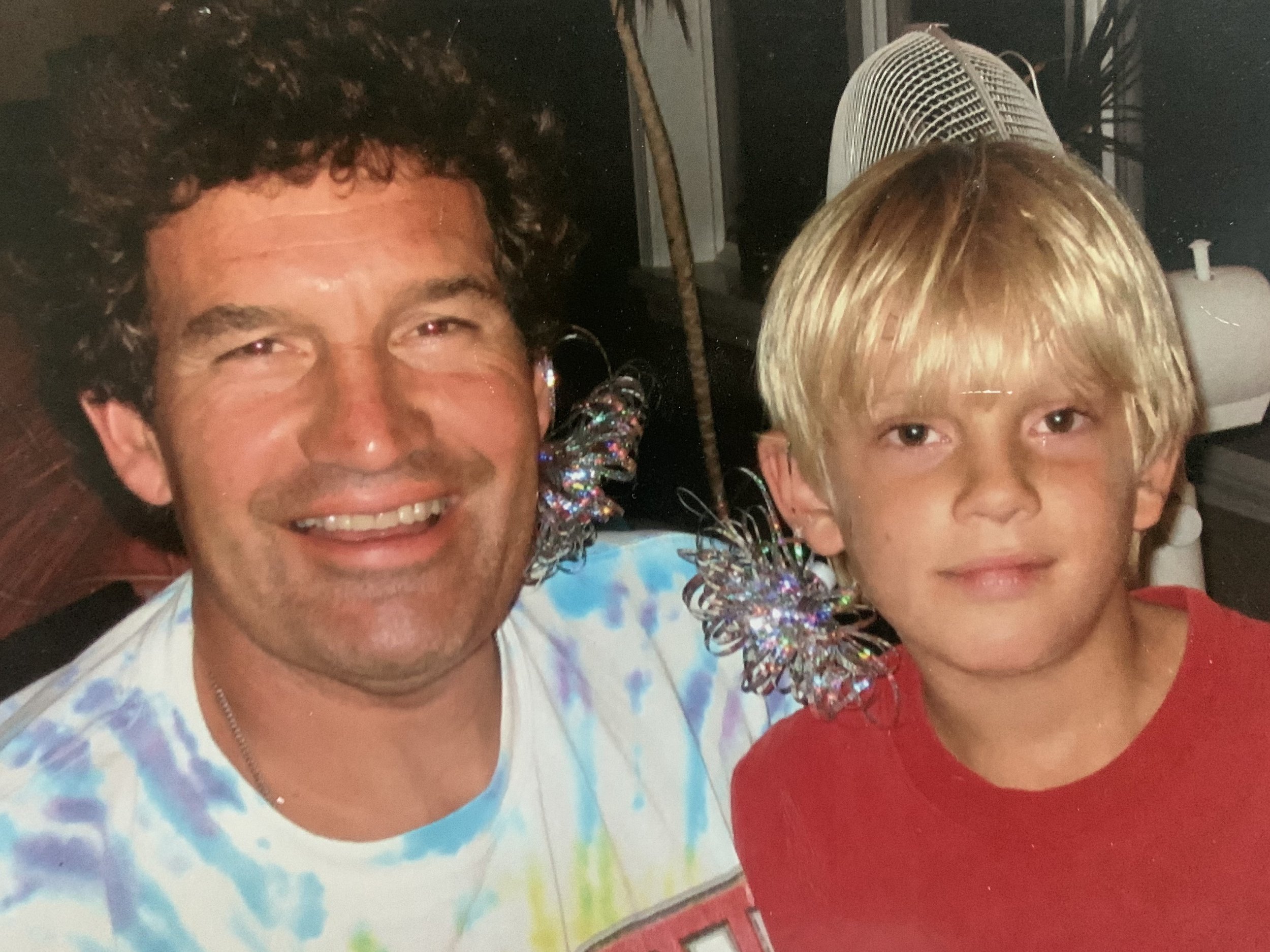
Family
•
Love
•
Commitment
•
Family • Love • Commitment •
JSJ Strong is committed to perpetual evolution as a nonprofit organization, continually striving to enhance our impact. In alignment with this mission, our focus will be dedicated to providing specialized patient support services.
What we do and Why we do it
Who we serve: Individuals and their families diagnosed with Chordoma cancer.
The problem we are solving: Our overarching objective is to alleviate the financial burden on individuals for years to come. Dealing with cancer, particularly rare forms like Chordoma, significantly inflates the cost of living. Patients often find themselves inundated with bills for various procedures, clinical trials, daily medical necessities, as well as travel expenses including accommodation, flights, and transportation. These financial strains compound the already daunting challenge of battling Chordoma, diverting attention away from essential treatment and care.
What we offer: JSJ Strong is dedicated to providing financial assistance to Chordoma patients to cover all their expenses. We will identify the issue and address their specific needs. Recognizing the profound financial strain faced by patients, we prioritize those experiencing the greatest financial hardship.
In addition to financial support, we offer a comprehensive playbook designed to enhance the overall health and well-being of Chordoma patients. Participation in this program, sponsored by JSJ Strong, is entirely optional. Our organization's ultimate goal is to alleviate the burden of debt for our patients while simultaneously improving their overall health.
We aim to amplify the impact of our efforts in combating this disease. We firmly believe that by enhancing the overall health of patients and leveraging the successes of research being done, we can effectively enhance both the quality and length of life for those affected by Chordoma.
“Skull base Chordoma’s occur more frequently in younger patients, while spinal Chordoma’s are more common later in life. About twice as many men are diagnosed with Chordoma as women.”
—Chordoma Foundation